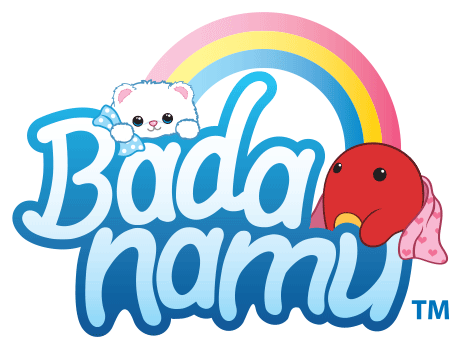
Prerequisites for EdTech Platforms to Usher in the Future of Education
Written by KidsLoop CEO David Roberts for The Electronic Times (Korea) Korean translated version can be found here.
Due to the COVID-19 pandemic, many educational institutions are actively embracing EdTech solutions and are undergoing a digital transformation. This change is accelerating the growth of the EdTech market. According to the Korea International Trade Association, the global EdTech market is expected to more than double from $153 billion in 2018 to $342 billion in 2025.
Amidst EdTech’s rapid growth are rising concerns about finding a means for sustainable online education, especially without any interruptions from external factors such as COVID-19. Will students be able to learn effectively in a remote classroom setting where it is difficult for teachers to oversee each individual? The key lies in content digitization, changes in methods of content delivery, and effective use of learning data through analysis. Ultimately, these means will provide students with a personalized education that creates increased academic achievement by increasing engagement and offer an interesting learning experience to students.
The Korean EdTech market has evolved from building platforms that simply deliver content to two-way platforms that track the learning progress and results of each student. However, a delivery platform based solely on simple result analysis has limitations in allowing students to fully develop their abilities. Teachers need the ability to assign customized learning goals and tasks as seen fit for each student. For this very reason, learning data is a very important resource. There is a growing demand for an educational platform that uses AI to analyze the learning patterns of individual students to personalize education. A future-facing education platform requires the following three elements.
First is the ability to innovatively digitize content. Analog content, such as lectures or simple problem solving assignments, are no longer sufficient in fostering the capabilities of present-day learners who are digital natives, those that have grown up in digital environments since birth. Many EdTech solutions are already achieving higher learning effectiveness through the use of interactive content, which increases participation and engagement in students. Yet there is a continued demand for better quality when it comes to interactive content. To meet this demand, academic institutions and publishers bear the burden of actively digitizing the analog content they have accumulated over the years.
In fact, content digitization is a prerequisite for data-driven customized learning. However, video creation, animated effects, character development, marketing, and other requirements for content digitization are very costly and take a substantial amount of time. This can easily be offset by working with an experienced partner that has content creation capabilities and is also able to easily digitize existing analog content. Content production technology, excellent human resources, and creative ideas are already at a world-class level in Korea. Along with the popularity of K-pop and K-dramas, Korean educational content also has a clear chance at successfully expanding globally.
The second requirement is a change in content delivery. Online conference platforms offer seamless connectivity and high resolution video, which are great features to have for business meetings and webinars. However, they face limitations as remote learning tools because they do not have the capabilities to collect and analyze a student’s learning data. These general-use platforms are also subject to scrutiny over data security and privacy. As a result, there is a growing need for a platform that is built exclusively for educational purposes. As the governance over personal information protection advances worldwide, those already serving global markets are adhering to the highest standards like that of Europe’s GDPR.
Education platforms need to aggregate and analyze the learning data for each student, yet general-use online conferencing platforms do not collect detailed accounts of students’ responses, participation, and engagement. Academic institutions need to use EdTech platforms with such data-analyzing capabilities and the proper security to protect the accumulated data. EdTech companies are evolving beyond their role as content delivery platforms by utilizing data to interpret student learning behavior and tendencies to personalize education for every student.
The final requirement for future-facing education platforms is the analysis and utilization of learning data. Data collected from digitized content can be analyzed and interpreted to inform adaptive learning curricula. For example, if a platform can be programmed to extract various data from tasks within a lesson, then it becomes possible to measure learning efficiency and effectiveness by continuously analyzing its strengths and weaknesses. Data can also provide objective achievement indicators, determine student progress in comparison with other students, and further identify effective learning methods based on the receptiveness of educational content.
A global EdTech platform can gather data beyond that of local students and gather insight from the learning data of students worldwide to derive an optimized learning model that informs adaptive learning curricula.
When the above three conditions are met and a multitude of insight is incorporated into learning models fit for each student, EdTech platforms will not only gain a competitive advantage in the domestic market but also worldwide. Countries across the world are all waiting for a platform that can transform their education system, from countries passionate in education like Korea to countries that are struggling with academic achievement.
I believe that such an EdTech platform will be first discovered in Korea, leading to the next Korean wave in education.






